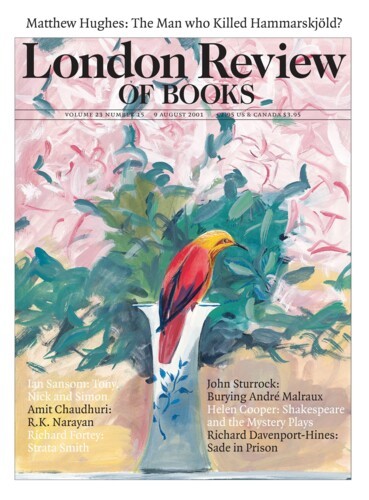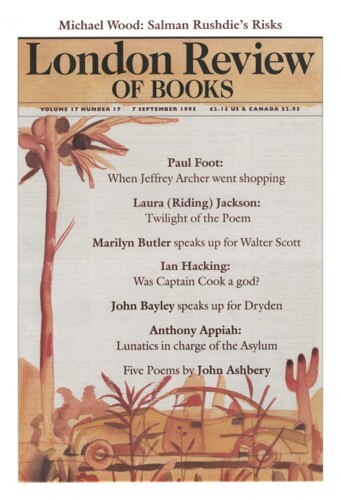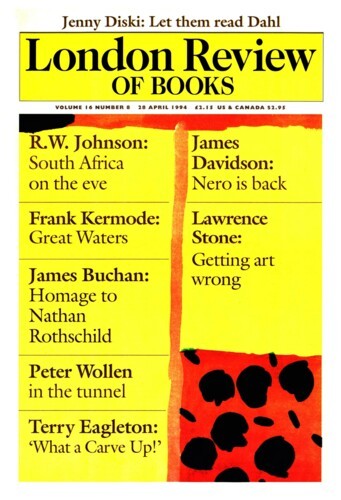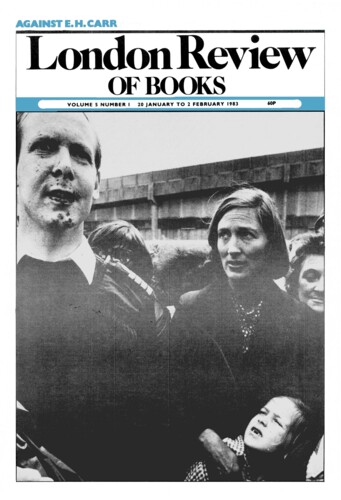Yeltsin has gone mad: Boris Yeltsin and Medvedev
R.W. Davies, 9 August 2001
Yeltsin’s first volume of autobiography, Against the Grain (1990), showed how he emerged from obscurity as a defender of democracy and social justice. In March 1989, against the wishes of Gorbachev and the Party bosses, he was elected Mayor of Moscow with nearly 90 per cent of the vote. In his second volume, The View from the Kremlin (1994), Yeltsin described how in June 1991 he became...




